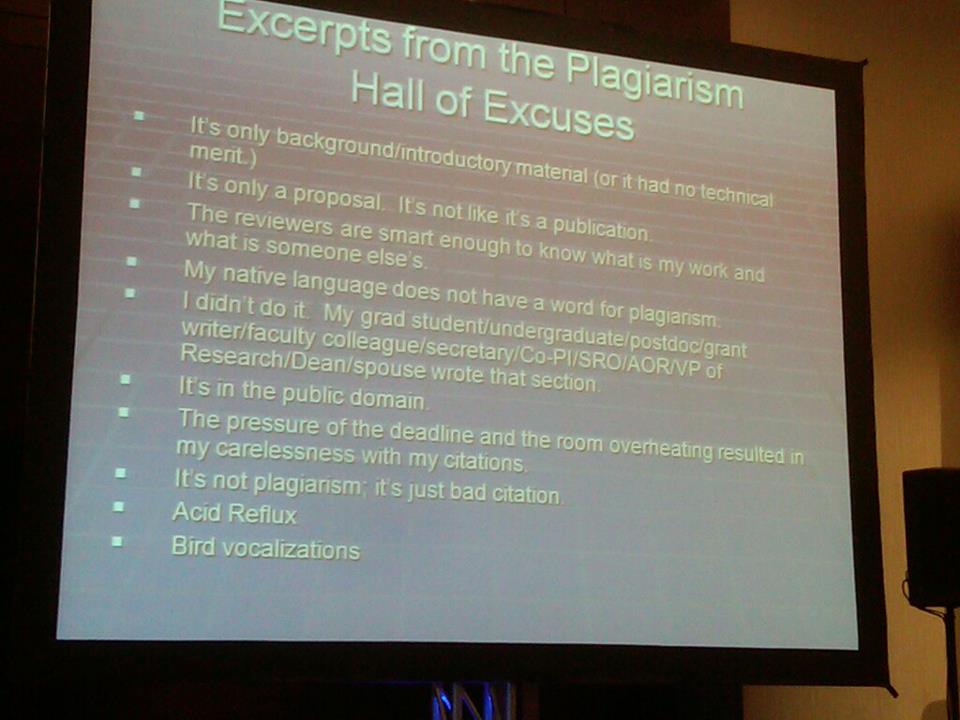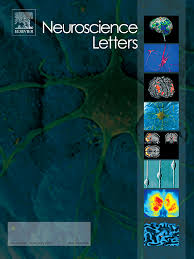
A researcher in France has lost his fifth paper for plagiarism, this one a 2015 article on weakness in the elderly.
The study, “Identification of biological markers for better characterization of older subjects with physical frailty and sarcopenia,” appeared in Translational Neuroscience and came from a group in France led by Bertrand Fougère, of the Universitaire de Toulouse.
As we reported in 2019, Fougère had tallied previous retractions for plagiarism dating back to 2018. At the time, he told us:
Continue reading An author loses a fifth paper because it “bears the hallmarks of plagiarism”







